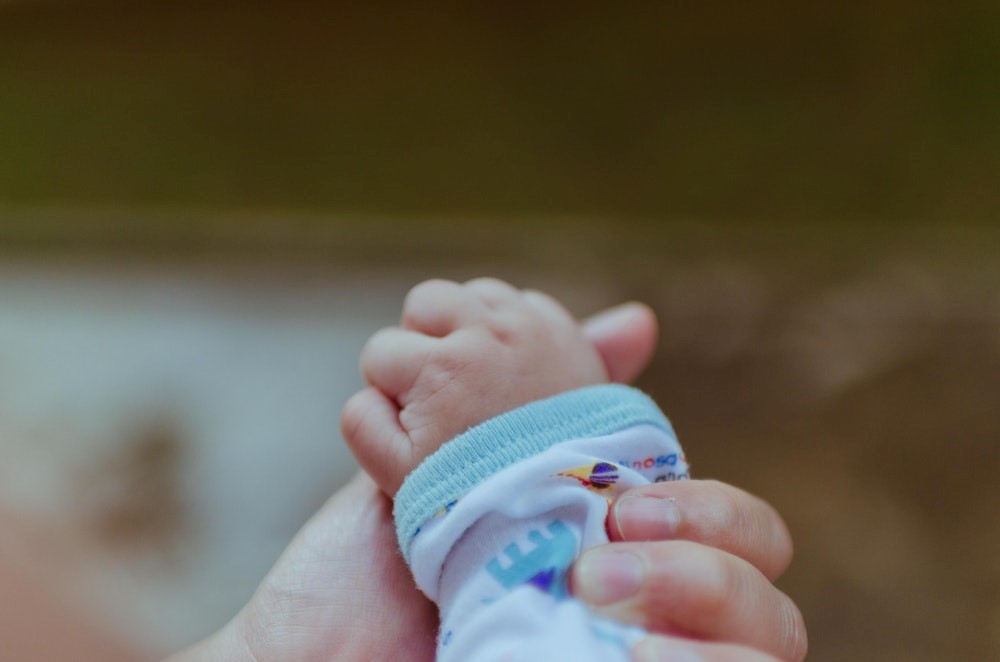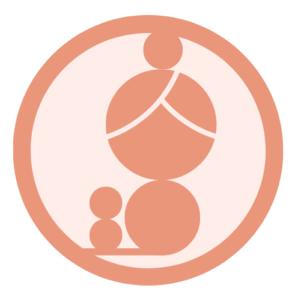
Myth: The first years don’t matter because babies can’t remember anything.
Fact: The first years of life are the MOST important.
Growing at a rate of 1% a day in the first three months, doubling in size by 1, and reaching 80% of its full size by age 3, the brain continues to grow, mature, and refine itself into the late- 20s. Despite the long maturation process, the brain’s “critical window” (i.e., when it’s the most receptive and vulnerable) is within the first three years to five years of life.
Why? Two reasons:
- Because of the significant amount of growth and connection the brain undergoes during years 0-5.
- Because of implicit memories (memory the brain stores and recalls without our awareness) (link- coming soon).
As a result, think of these early years as the foundation making years. The years in which the “wiring” process of a gazillion neurons (think computer wires) takes shape to form the potential** your little will have when it comes to taking on the journey that is life.
Yes, very VERY important parenting continues well past these years (read: forever), but the importance of these early years, and your role within them, must be understood and respected.
**What’s meant by “form their full potential”?
It is within the first years of life that your little will develop a sense of who they are, what to expect from other, and what they can expect from the world around them. This understanding will translate into how they relate to themselves, how they relate to other, and how they interact with their world.
Healthy development during these first years means your little will be free to engage with the world from a place of worthiness. Allowing him or her to feel secure in who they are. To feel happy and connected, capable and creative. Worthiness gives them the ability to move through our rapidly changing world with courage and resiliency. It gives them the capacity to enjoy meaningful relationships, to be caring and compassionate, to achieve goals, and to carry out responsibilities.
EXPECTATION CHECK:
Access to your full potential does not mean you don’t experience self-doubt, fear, or shame.
In fact, some brains are born wired (temperament traits- link to come) to be more fearful, anxious, or sensitive. Just because these traits or emotions are present, DOES NOT mean you (as a parent) created or caused them. It just means they are human.
The fact is, the most confident and courageous among us, often have moments of fear, doubt, and shame. As parents, our job is not about eliminating or avoiding these emotions for our children (which is good because it’s impossible). Our job is to support them by providing a safe space to experience these emotions and helping them identify the tools they need to manage it.
Important Takeaway For Parents
This ‘critical window’ DOES NOT mean that you need to cram a lifetime worth of parenting and experiences into the first three years. Think of parenting as a marathon, not a sprint. You have many years to help support your child into the adult they are meant to be.
What this DOES mean, is that all the things are doing to help support and care for your little really does matter. Acts that may seem insignificant, such as offering an extended cuddle or exchanging smiles, are the big important work that is shaping and supporting your littles full potential.

